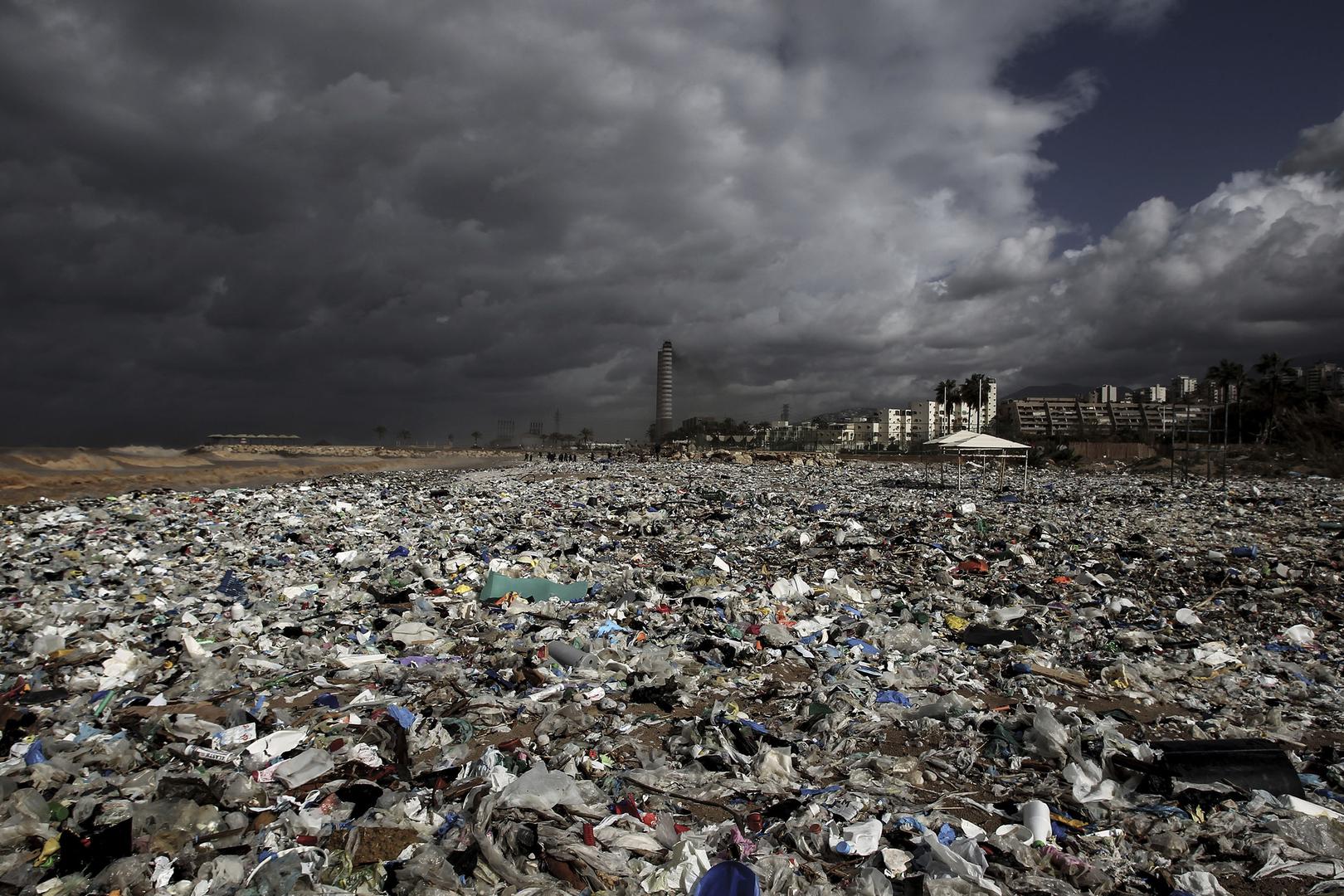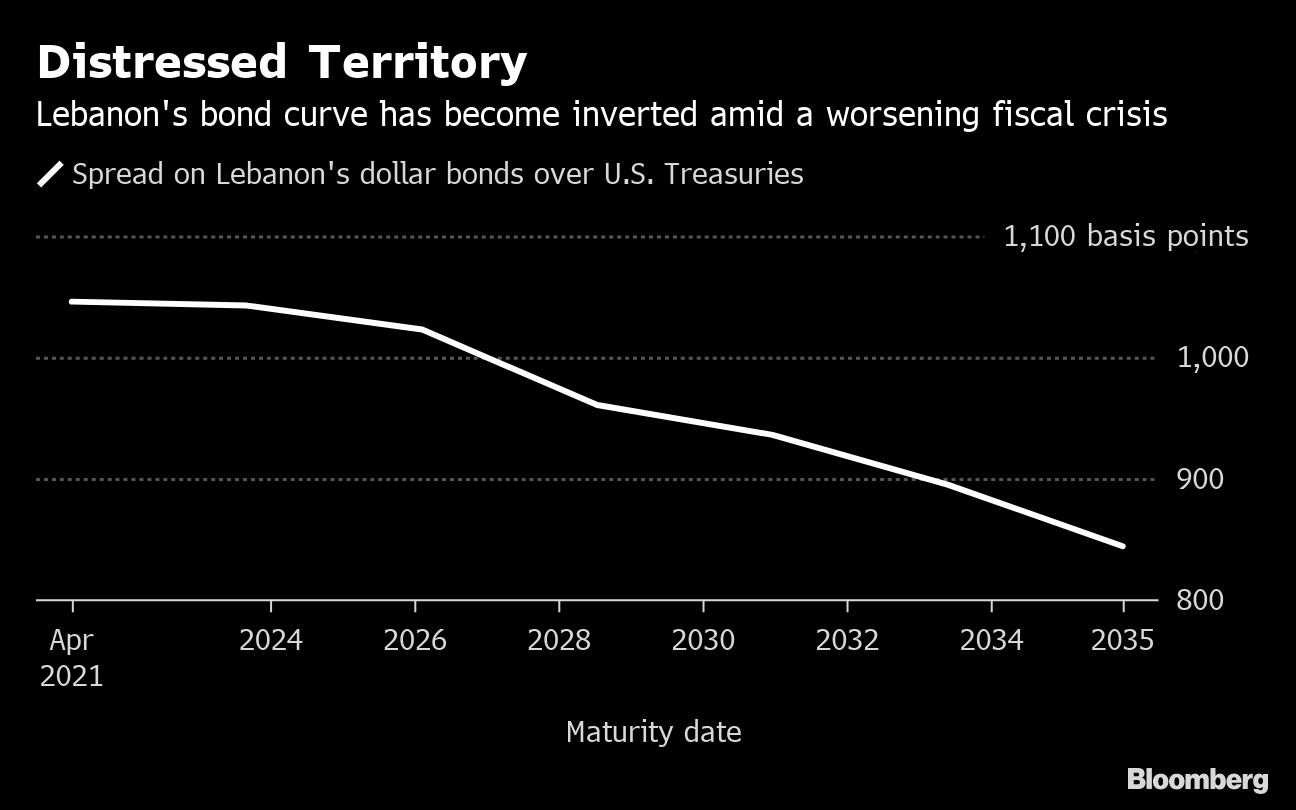
BY CHRIS TAYLOR mashable.com — — For our summer vacation, my wife drove us hell-for-leather between National Parks, driven by the urge to collect every stamp in her Parks Passport. We eagerly snapped up the new National Parks Geek merch. Our dog was sworn in as a #BarkRanger. And I was deputized photographer, urged to get shots of thousand-year-old petroglyphs and cave dwellings, not to mention the 200 million-year-old tree trunks. We came home. My wife pored over her passport and stamps. The magnets and decals went on fridges and cars. The dog wore his Bark Ranger badge around the neighborhood with beaming pride. And my photos? We haven’t looked through them yet. I doubt we ever will. If we really need to see that petroglyph or that tree again, it would be faster to Google them — where we’d find a more pleasingly professional shot. If you’re anything like me, here’s the exact number of times in any given year that you pore over your Apple Photos, Google Photos or similar library: approximately never. Who has the time? Despite the encouragement those companies give us to store all our images with them, it sits there as ones and zeros — billions of merely theoretical photos expending massive amounts of energy on cloud servers, costing each of us a few bucks every month. Or worse, the photos are consigned to death row on a single vulnerable hard drive, awaiting its inevitable failure. Sure, you might dip into the archive for a minute or two every now and then. Wearing your Instagram or Facebook hats, you pluck an image from obscurity, elevating them to the relative stardom of a few Likes. In the social archives, at least, you might look back at them more often. But you’re lucky if this elevation happens to more than one in a hundred snaps.
The average picture you take will fade into forever, and it’s high time we got real about this. We live in an age of digital abundance, one that has devalued photos more than anything. The Snapchat-and-Stories generation treats them as expendable and ephemeral, but Gen Xers are no better — we just fool ourselves into thinking we’re preserving history in these dusty, pricy digital archives. But what exactly are we preserving, and for whom? Will our descendants, beset on all sides by ever more media, even bother to look? If we don’t, why would they?









